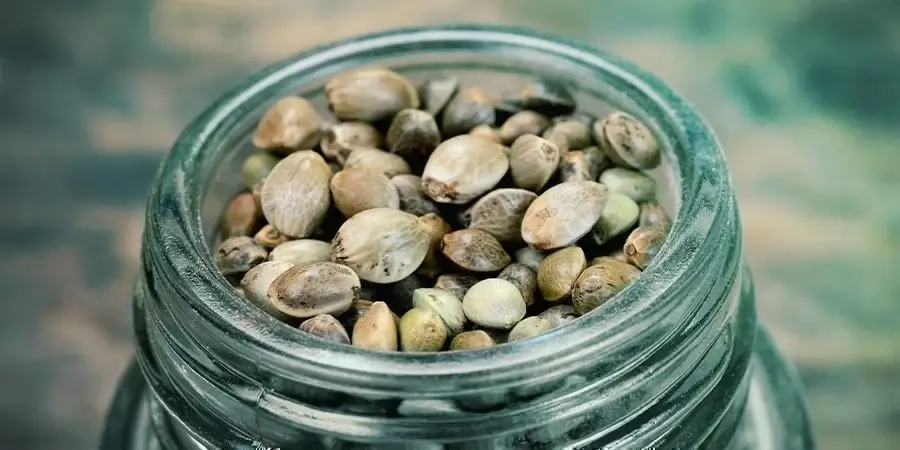There are plenty of compelling reasons to buy feminized marijuana seeds instead of purchasing regular ones. They’re perfect for novices who don’t yet know how to sex plants, indoor growers who can’t afford to waste any space early in the season, and anyone who is serious about cultivating delicious, seedless buds.
Deciding to buy feminized seeds is just the first step. Read on to find out what to consider next.
Autoflower or Photoperiod?
One of the next choices for those who plan to consider buying feminized seeds is whether they should grow into autoflowering or photoperiod plants. There are benefits and drawbacks to each. Autoflowers boast a much quicker growing season, greater resiliency, and lower maintenance requirements. These plants, bred with Cannabis ruderalis, are great for cold climates with short growing seasons, as well. The primary downside is that they also produce smaller crops.
Photoperiod plants grow from regular seeds. They will grow to full size when given the right combination of light, nutrients, water, and space, which means regular photoperiod plants usually produce much larger crops. The tradeoffs are that these plants require far more time to enter the flowering stage and only do so when introduced to appropriate light levels. Regular plants also require more care since they tend to be more resource-hungry and susceptible to environmental pressures.
Sativa, Indica, or Hybrid?
The next step is to determine what type of marijuana to grow. The general categories of marijuana are sativas, indicas, and hybrids, and each type of weed has its own set of unique requirements.
Sativa strains grow tall and thin with large leaves and they produce buds known for creating more energizing and euphoric effects. Most varieties have longer growing seasons than pure indicas and hybrids but can be grown indoors any time of the year.
Indicas are known for creating more of a relaxing body high. In terms of growth patterns, indica plants are usually shorter and bushier, which means they generally produce smaller crops. First-year growers often choose indicas or indica-dominant hybrids over sativas because they are less susceptible to pests and other environmental pressures, have shorter growing seasons and are more forgiving in regards to feeding and watering schedules for berries let alone marjuana.
These days, most growers don’t opt for pure indicas or sativas. Instead, they purchase hybrid marijuana seeds. Hybrids contain genetics from both a sativa and an indica parent, so while these strains tend to lean one way or another in terms of both growth patterns and effects, they can offer the best of both worlds.
Spotting Healthy Seeds
There’s no way to tell a male from a female seed, which is part of why growers love feminized seeds so much. There’s also no way to tell an autoflower from a photoperiod seed or to differentiate strains. However, there are a few traits that usually indicate a quality seed. A healthy seed will be:
- Dark brown or black, not green.
Appropriately sized for the strain, with indica seeds tending to be larger than sativas
Free from cracks or holes.
Where to Buy Seeds
It doesn’t matter if a grower picks exactly the right strain and seed type for a given situation if the seeds are of poor quality. Healthy plants that yield huge crops will only grow from high-quality and genetically viable seeds be it around wood panels or open field. Make sure to purchase them online from a reputable seed bank like Royal Queen Seeds at Zamnesia.com, that offers not just a wide variety of strains in all seed types but also a germination guarantee.

